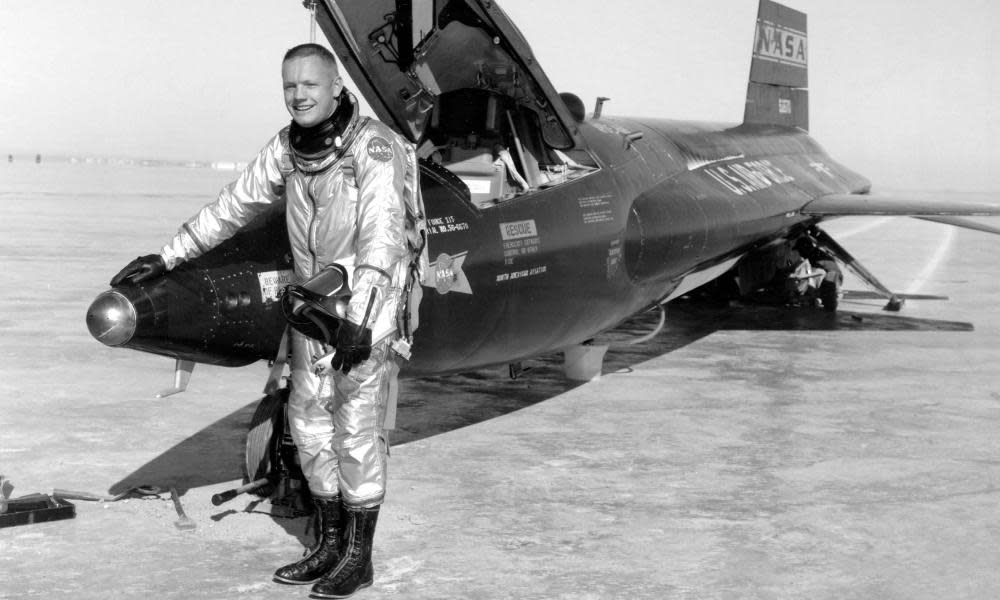Space travel is not a matter of genius

John Harris rightly points out the way in which space travel is increasingly driven by an anti-public ideology which claims that “the masses” have never “brought about innovation” (We once marvelled at Neil Armstrong. Now space is a playground for the rich, 17 October). What he misses is the dishonesty of this position. When (or if) Richard Branson’s Virgin Galactic spacecraft reaches an altitude of 80km, it will have matched the performance of Nasa’s X-15 rocket plane which consistently reached such heights between 1959 and 1968: eight of its pilots were awarded astronaut wings. As often happens, the private sector is producing an inferior late substitute for a public achievement, and passing it off as a triumph for risk-taking entrepreneurs.
Michael Carley
Department of Mechanical Engineering, University of Bath
• John Harris quotes Peter Diamandis’s 1994 charter for private space flight that attributes achievement to individuals and small groups – “never have the masses brought about innovations”. Exceptional individuals have always required direct support by masses doing the less exalted work that the geniuses were thereby spared. In space travel, much early innovation was done by Nazi-supported engineers making extensive use of slave labourers whose wellbeing was, as a contemporary corporate spokesperson might say, not a priority.
Bryn Hughes
Wrexham
• Join the debate – email guardian.letters@theguardian.com
• Read more Guardian letters – click here to visit gu.com/letters
• Do you have a photo you’d like to share with Guardian readers? Click here to upload it and we’ll publish the best submissions in the letters spread of our print edition

 Yahoo News
Yahoo News 
